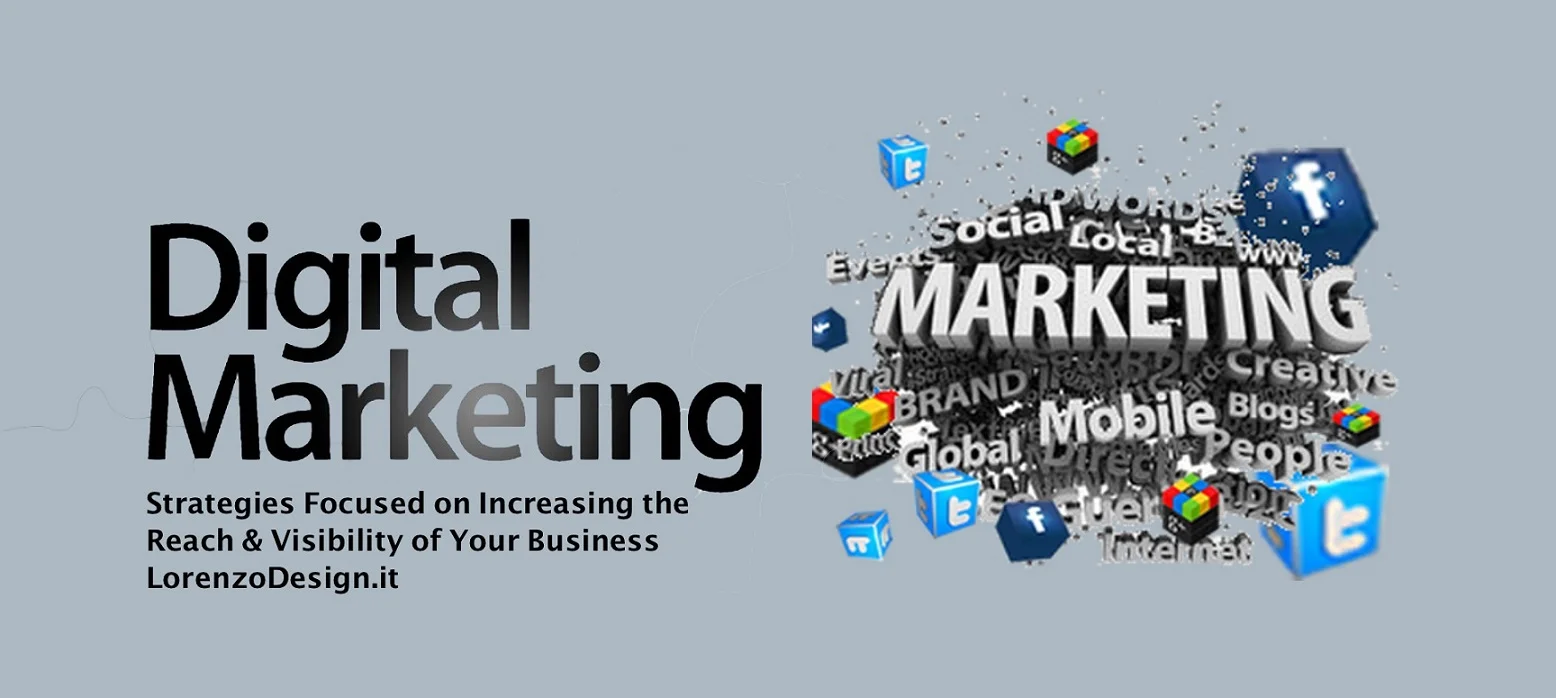
DIGITAL ECONOMY: REINVENTING THE GROWTH OF BUSINESSES
- June 05, 2021
Every
segment in modern society experiences influence from technological progress in
our highly networked world. Businesses today operate in a quickly expanding
digital economy which shifts existing industries through new business
opportunities. Modern enterprises use e-commerce services alongside artificial
intelligence and fintech solutions with cloud computing to optimize their
operations and enable better client relationships and enhanced revenue
performance.
Mobile
applications transform how customers relate to commercial operations. Web and
mobile app development companies guide the evolution of digital technology
because people rely increasingly on smartphones. A powerful online presence has
become essential for business operations thus every organization small or large
must develop one.
BENEFITS
OF DIGITAL MARKETING
1)
Cost-Effective Solutions
Businesses
spend less money on digital marketing implementation because its online
approach provides better efficiency than traditional advertising methods. Digital
marketing allows businesses to achieve measurable targeted outcomes through
SEO, SMO, PPC and programmatic advertising because they differ from television
and print and billboards advertisements. The leading SEO companies operating in
India focus on service delivery which enhances online presence and attracts new
customers.
2)
Brand Building & Online Presence
A
business needs to establish a solid brand identity and digital marketing serves
as an essential component for this goal. Businesses utilize multiple marketing
platforms including Facebook, Instagram, LinkedIn and TikTok social networks
together with Google Ads and Bing Ads search engines alongside influencer
marketing to establish their desirable market position. Repeated audience
contact through digital channels enhances both customer brand memory retention
and brand loyalty.
3)
Real-Time Performance Tracking & Analytics
Digital
marketing offers businesses the real-time tracking capability as one primary
benefit in their marketing strategies. Through analytics tools including Google
Analytics and HubSpot and Salesforce businesses can track essential metrics
that encompass conversion rates together with customer interaction metrics and
click-through rates and return on investment measurement. Decision-making
enhancement through business intelligence tools is made possible by the
implementation of AI-driven analytical systems.
4)
Competing with Large Corporations
Small
and medium-sized businesses (SMBs) can match up against established brands
through growth hacking strategies as well as omnichannel marketing and voice
search optimization (VSO). Digital marketing gives SMBs competitive
opportunities through lower-cost SaaS solutions automation software and CRM
platforms to optimize their business functions and maintain higher customer
loyalty rates.
THE
ROLE OF TECHNOLOGY IN DIGITAL ECONOMY
- Artificial
Intelligence (AI) & Machine Learning: Businesses have successfully improved
customer interactions through innovative artificial intelligence solutions
and personalized marketing strategies as well as predictive analysis
systems and chatbots.
- Blockchain
in Business: The
implementation of improved financial transaction security together with
supply chain management transparency establishes better data privacy
standards.
- Cloud
Computing: The cloud
solutions provided by AWS as well as Google Cloud and Microsoft Azure help
businesses expand their operations.
- Fintech
& Digital Payments:
The payment industry experiences radical changes because of digital wallet
solutions and payment gateway services provided by PayPal and Stripe and
Razorpay.
- Metaverse
& Virtual Reality (VR):
The future of digital branding and immersive experiences in business.
- 5G
Connectivity & IoT:
Business organizations gain better real-time processing capabilities and
faster communication functions through these advancements.
- Cybersecurity & Data Privacy: Online customer data protection demands such technology for implementing essential data regulations such as GDPR and CCPA.
THE
FUTURE OF DIGITAL BUSINESSES
The
digital economy speeds up its evolution at an unmatched pace while pushing
firms toward automated procedures as well as modern approaches and sustainable
methods. Business industries are evolving into the future because of remote
workforces along with the gig economy and artificial intelligence enabled
customer personalization strategies. Organizations need to welcome leading-edge
technologies and use e-commerce solutions including Shopify and WooCommerce and
Magento to fight market competition.
The pathway to digital success in contemporary times needs well-optimized products combined with mobile apps along with robust digital marketing approaches. All companies regardless of size must implement digital transformation since this practice has become mandatory instead of optional.

SHARE THIS BLOG